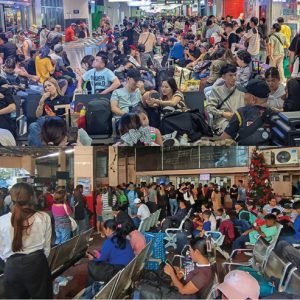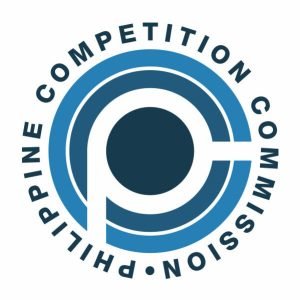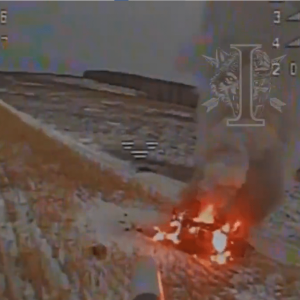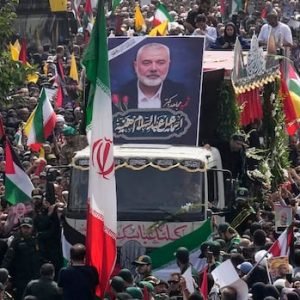
THE Philippine Drug Enforcement Agency in Central Visayas (PDEA 7) has announced plans to investigate potential connections between aspiring political candidates and illegal drug activities. This initiative raises concerns about the possible influence of drug syndicates on political campaigns and governance.
The concerns of PDEA 7
According to Leia Alcantara, the spokesperson for PDEA 7, there is a possibility that drug syndicates may support political candidates to further their illicit operations.
“That is one of the things drug syndicates really exploit — they tie up with politicians whom they will support,” Alcantara said in an interview.
This relationship could create a sense of indebtedness for politicians if they win elections, potentially compromising their integrity and accountability.
However, Alcantara clarified that, as of now, PDEA 7 has not received any reports indicating that candidates have directly accepted election funds from drug syndicates.
How drug syndicates operate
Alcantara outlined two primary ways politicians may be involved with drug syndicates:
-
Direct Knowledge: The politician knowingly accepts funding from a drug syndicate.
-
Indirect Knowledge: The politician is unaware that their funding originates from illegal activities, as it is funneled through third parties.
Despite the method of funding, Alcantara emphasized that the source remains illicit, underscoring the urgency of their investigation.
High-value targets
The PDEA 7 is treating any public official linked to illegal drug operations as high-value targets due to their potential to exacerbate the drug trade.
Last month, the Philippine National Police Drug Enforcement Group began investigating several local leaders for their alleged connections to drug syndicates, highlighting a broader concern about the intersection of politics and drugs. (SunStar Cebu)






